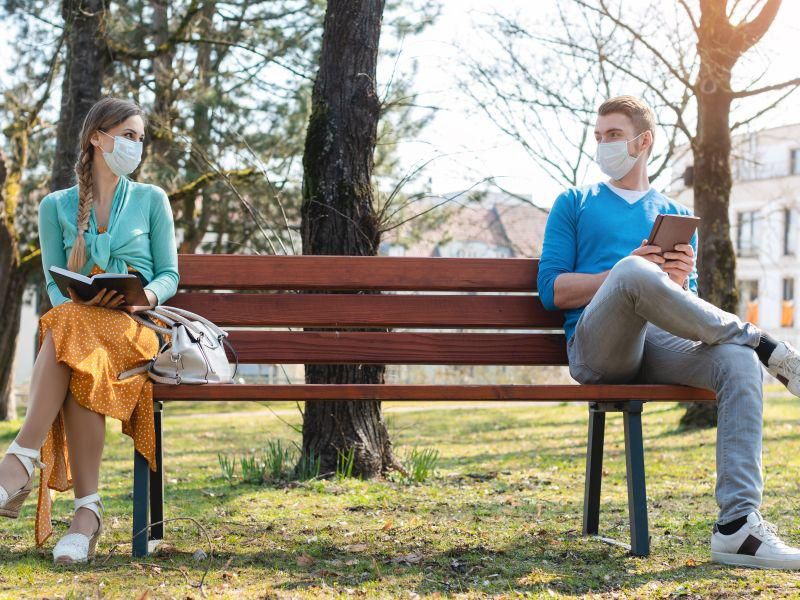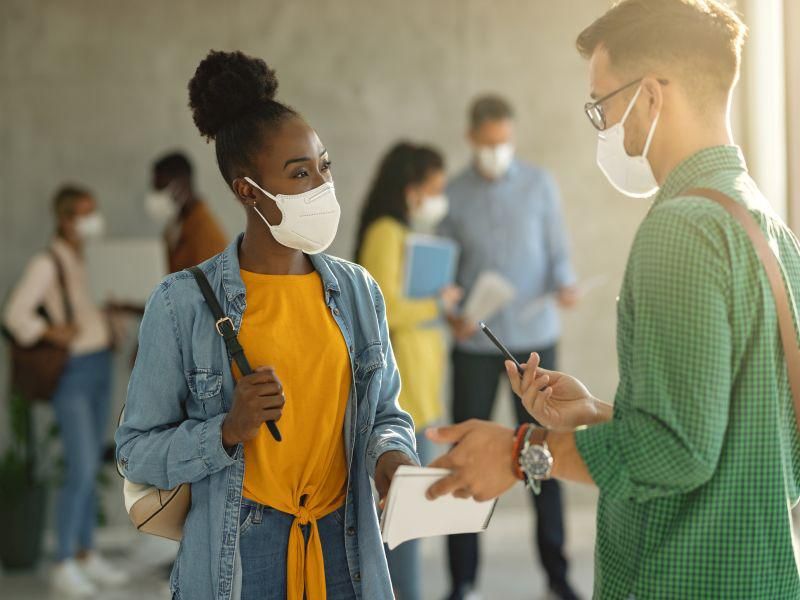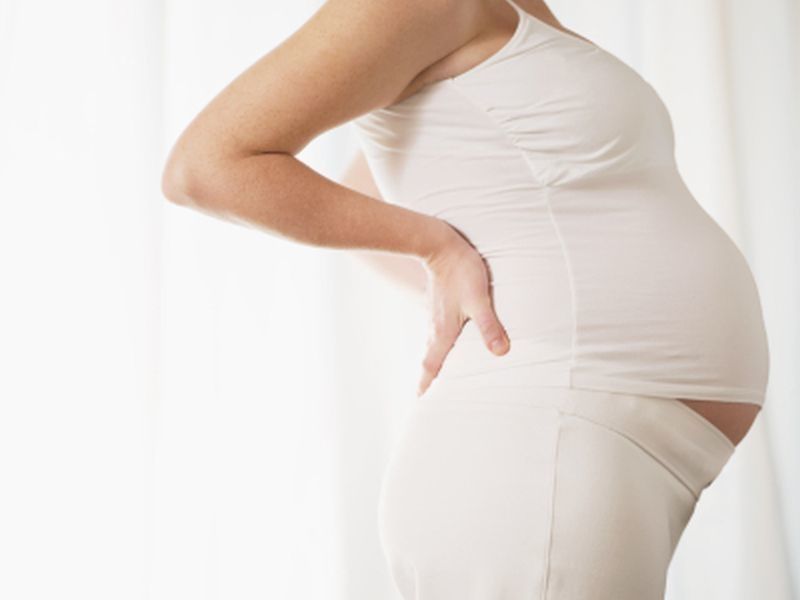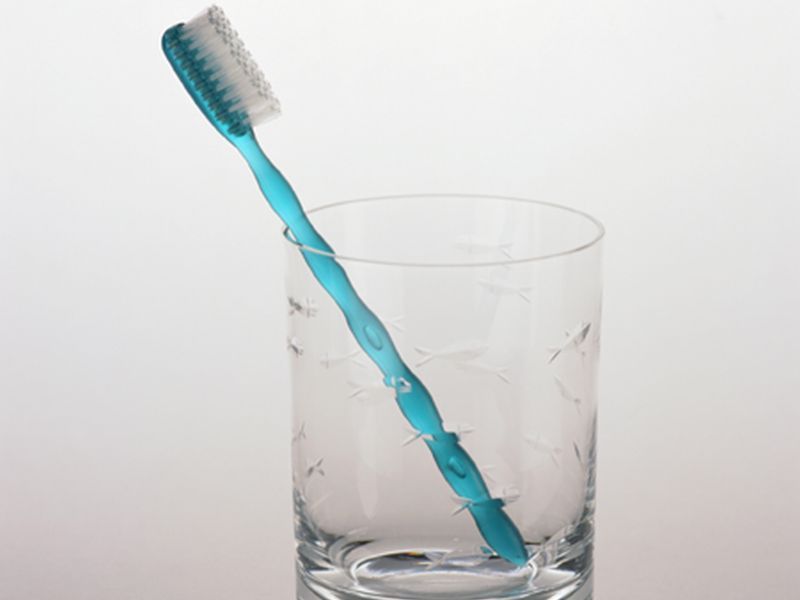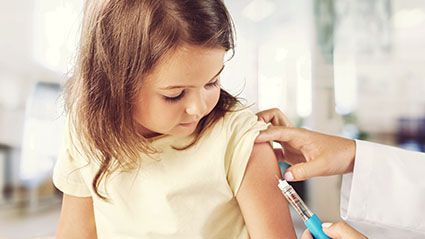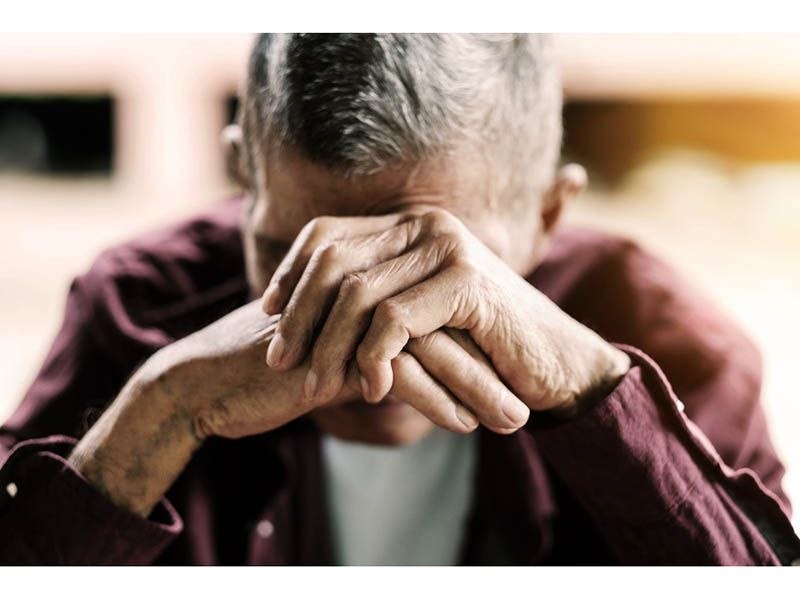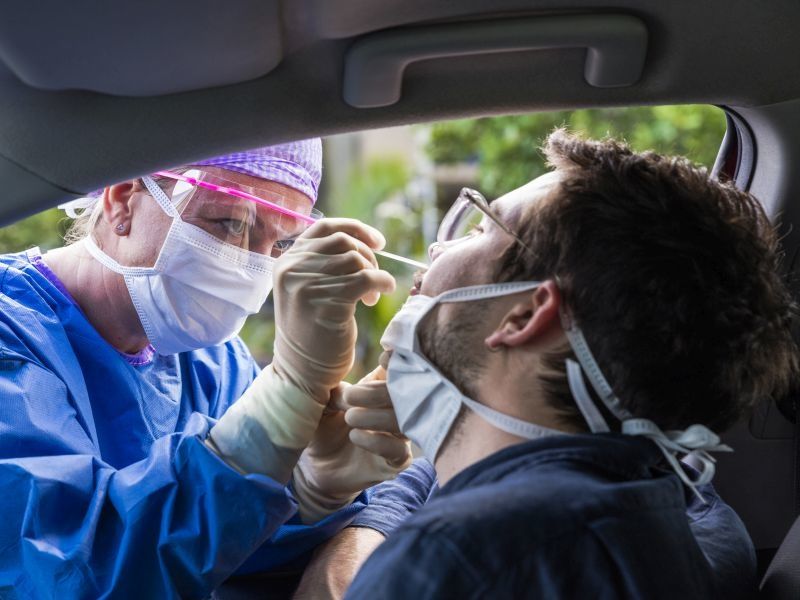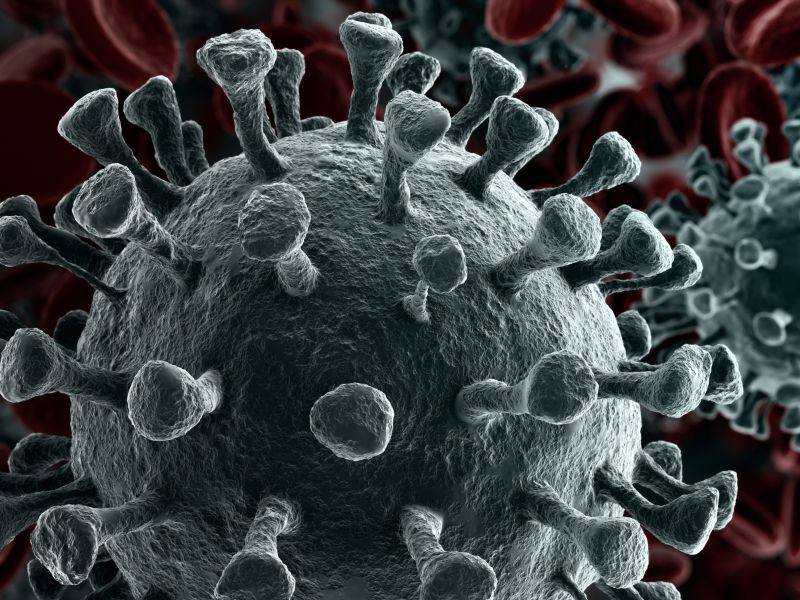
The highly contagious coronavirus variant that drove Britain into lockdown in December is now spreading quickly across the United States, a new study shows. What has been dubbed the B.1.1.7 variant is doubling its prevalence every nine days in this country, according to a report posted on the preprint server MedRxiv on Sunday and not… read on > read on >











